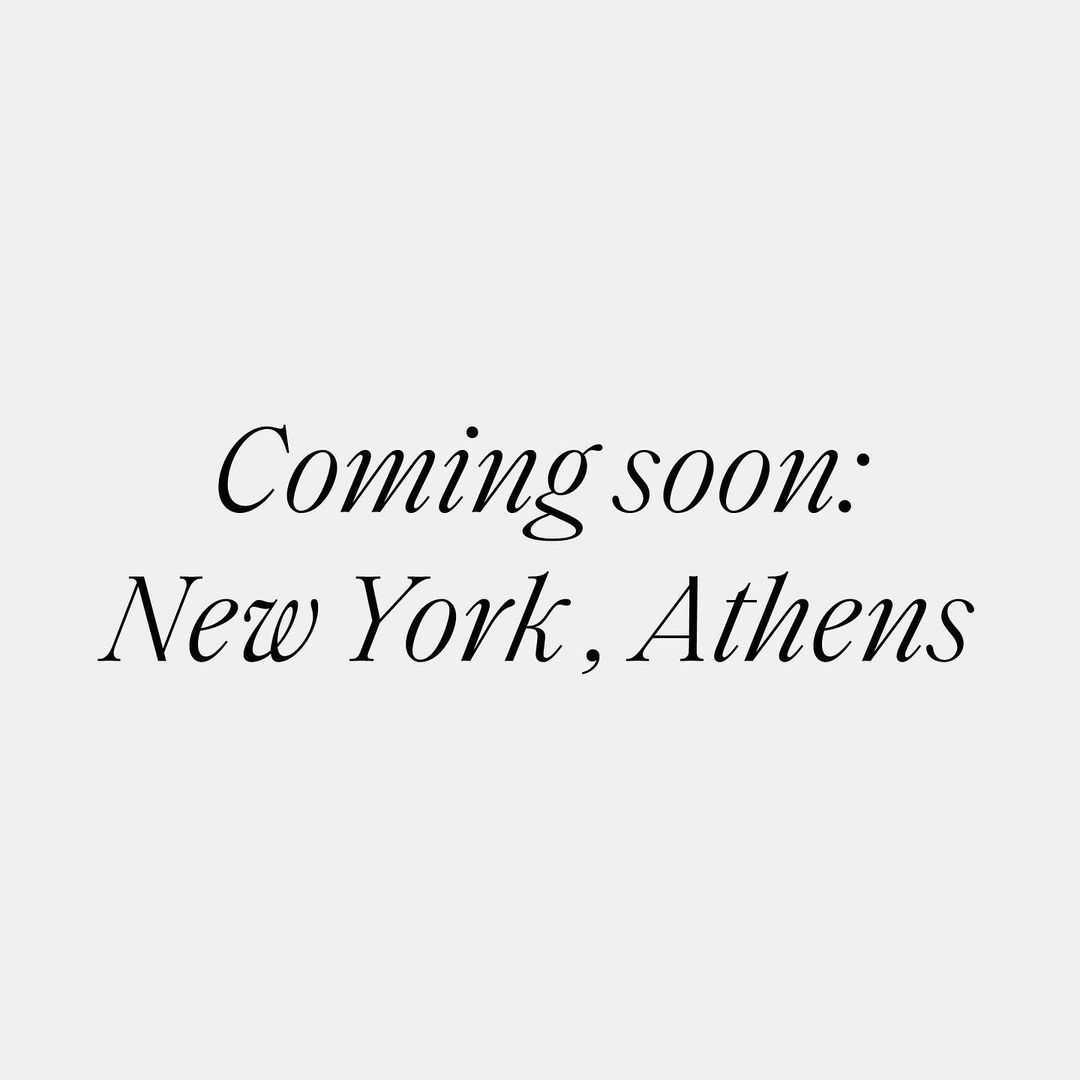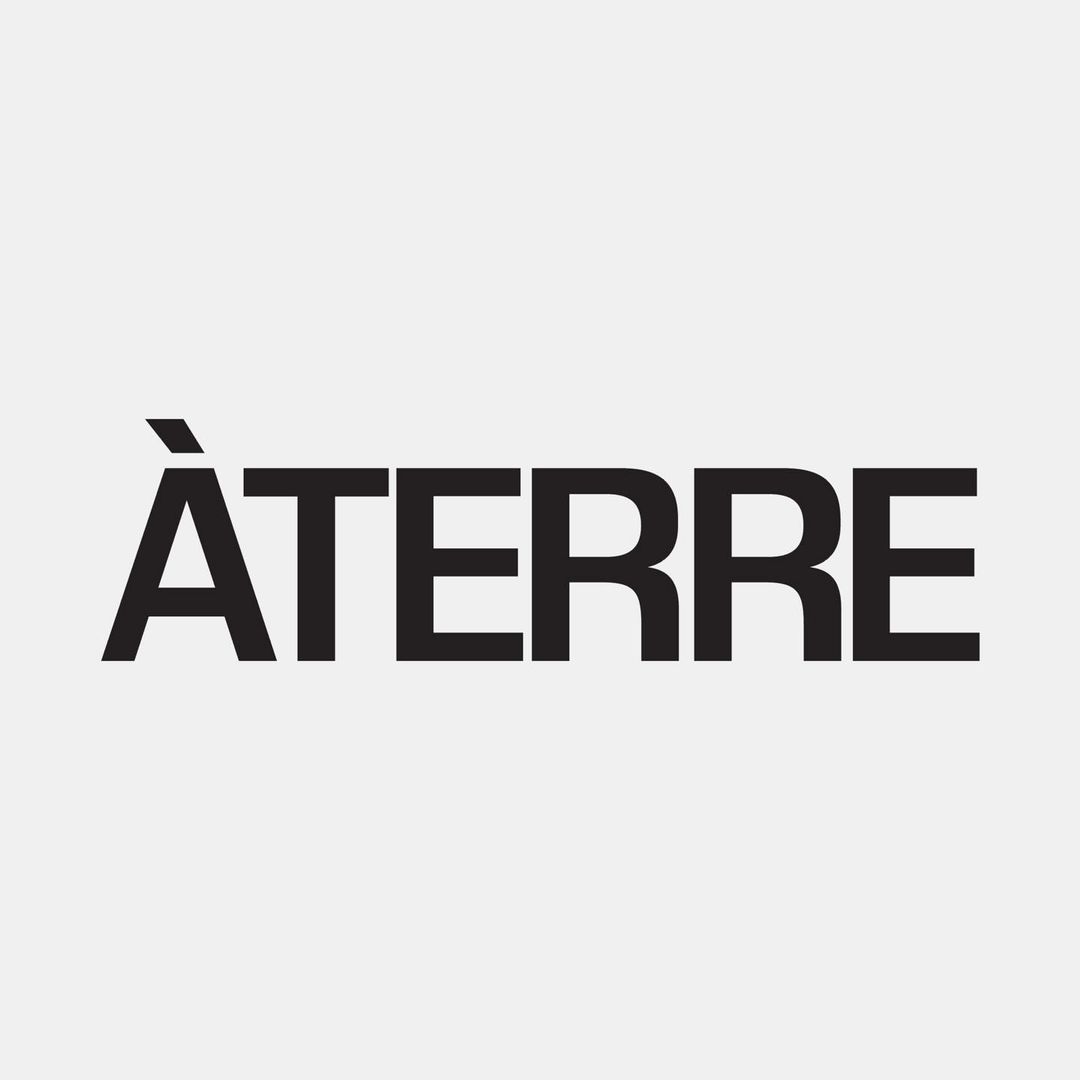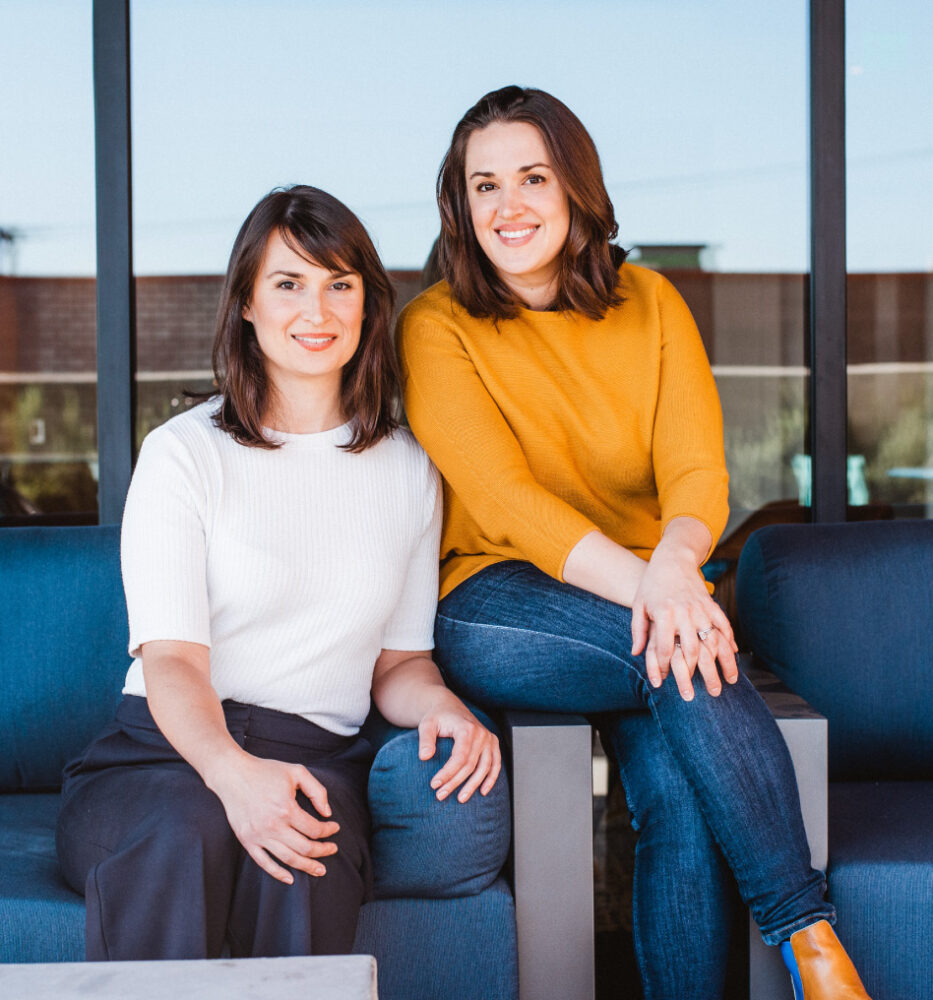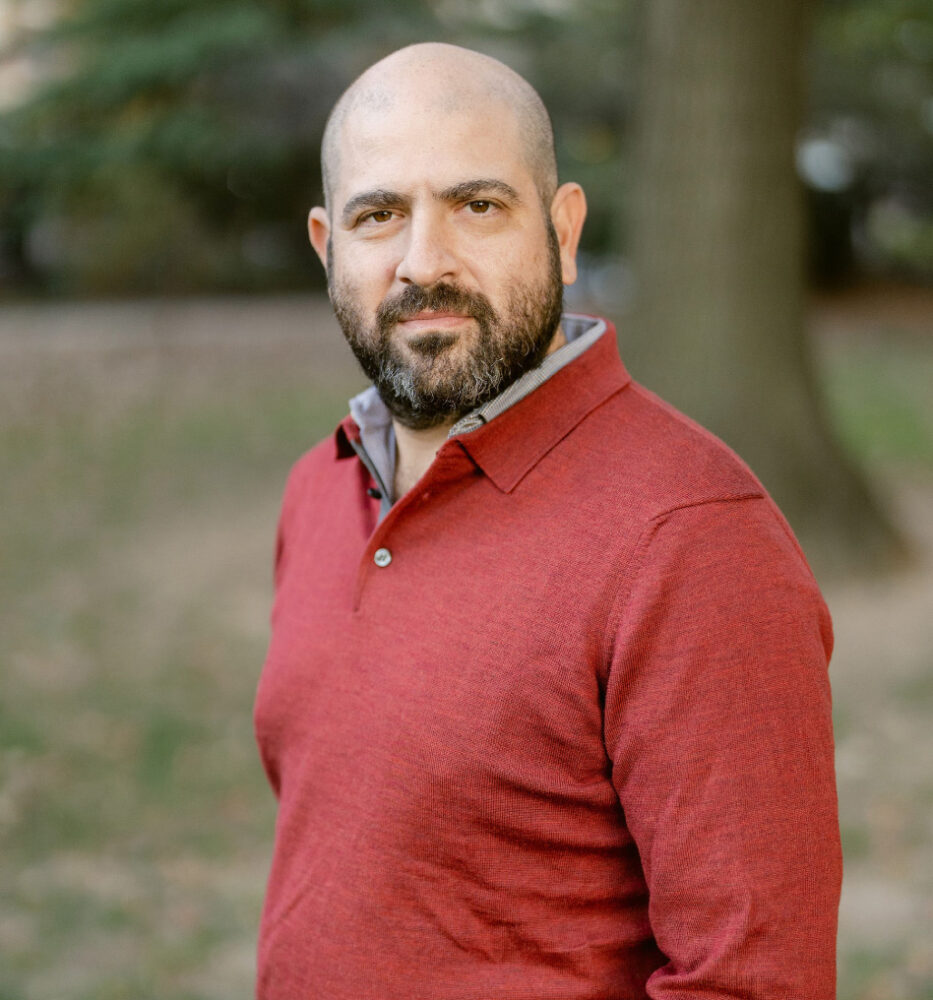Future Hospitality
podcast
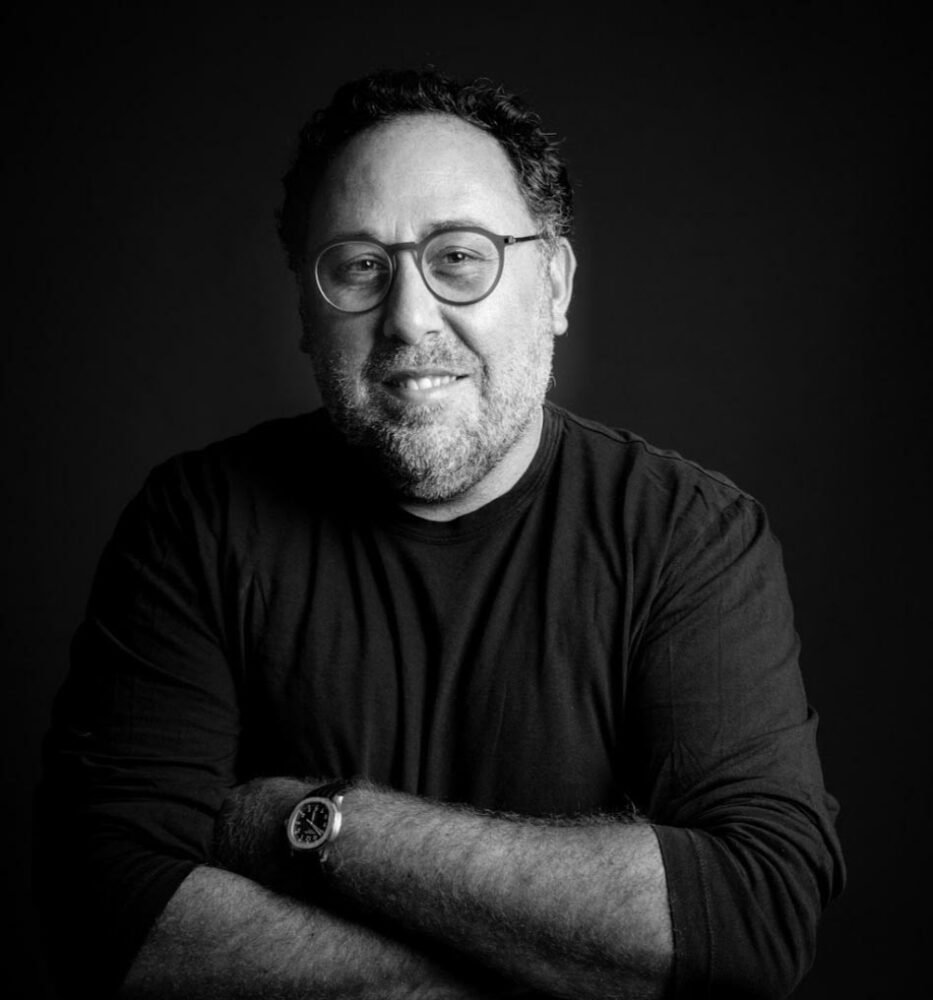
#25: Inviting Guests to Live While Traveling: Billy Skelli-Cohen
March 25, 2021
Jeremy Wells: Billy, thank you so much for joining us today. We’re super excited to have you on the podcast.
Billy Skelli-Cohen: Thanks for having me.
Jeremy Wells: So we’ve been learning a little bit more about you over the last few weeks and you’re involved in a lot of really exciting things coming up in the future. We’re excited to dive into that today and learn more about that and allow you some time to share about that and what that’s going to look like. But before we do, I was wondering if you could share a little bit more about just yourself, your journey in hospitality and hotels and kind of what’s gotten you to where you’re at today.
Billy Skelli-Cohen: Sure. So I’m French. I grew up in France and moved to the US when I was a teenager. I actually started my career in retail. I worked through college and always felt like retail was a great stepping ground for hospitality. You work on your feet. You interact with stranger, kind of really get those interactions that are just so common in hotels and in hospitality.
I started getting involved in the hotel business a bit by accident. I joined a group that really consulted luxury hotels on kind of their marketing strategy and show their meeting and events conference spaces. And after a few years, I went back to business school, wanted to really get more on the investment side of the business. After business school, like many people, I joined a bank, was never a life aspiration, but a great experience to kind of work as a banker and work on a few deals.
I then had the opportunity to be on the account on the buy side, on the investment side of the business and joined a private equity group called Voyager Partners where at the time we bought 40% of Fairmont, Raffles, and we’re looking after some big luxury assets in Europe. Again, a great stepping stone and experience.
For the past 10 years, until this new adventure of Àterre, I led the development and was the CEO of Lore Group. I started as a team of one of one and then grew to a group of about 1200 people, pre-COVID. And this was an incredible journey of joining a group where at first we were just investors. Then we became developers. Then we became operators and became a fully integrated hospitality group with some iconic assets like the Pulitzer in Amsterdam or Riggs in Washington, DC. So a great experience. And now in recent months, I’ve joined force with Liran, my partner, for this new adventure called Àterre.
Jeremy Wells: That’s so cool to hear the journey and the stepping stones throughout your career that led you to where you’re at. Everyone’s journey is so unique and I love that you even said you kind of just stumbled into this industry and you just kind of looked for opportunities and new things on the horizon. It’s really exciting to kind of hear that journey.
Billy Skelli-Cohen: Great. Thanks.
Dustin Myers: So we’re really excited about the Àterre Project and we don’t know too much about that yet. From what we’ve seen, it looks really interesting. Would you be able to give us a little more details on what’s coming?
Billy Skelli-Cohen: Sure. Yeah. Àterre is really meant to bring the best of a second home, an Airbnb-type product, service department, and the little touches of a luxury or a lifestyle hotel under one roof. An ideal Àterre is a building in a live-workplace city, probably above a hundred rooms, below 300 rooms, communal spaces for residents and really trying to create a space that feels incredibly residential and allows people, in a bit of an aspirational way, to kind of take their best routine on the road.
“… bringing great basics of a hotel, of hospitality, bringing a great residential feel and beautiful little touches along the way.”
Billy Skelli-Cohen
I always give that example when you go and stay at your friend’s house who had this amazing guest bedroom. And you’d look at the bed and you know you’re going to get a great night’s sleep and you already know you’re going to be looking forward to exercising in the morning. And throughout the day, there’s always good music and great little delightful moments of a snack or a little fun game to play. And that’s what we’re trying to recreate it in Àterre, really bringing great basics of a hotel, of hospitality, bringing a great residential feel and beautiful little touches along the way.
Jeremy Wells: Yeah, that sounds like an amazing experience as a guest and someone that would be staying there. Obviously, you guys have two over, especially in like the European countries, like these apart hotels or whatever you want to call them, and those have been very popular and growing in popularity over the last decade or two. I haven’t seen many of those until recently coming to the States. What do you think? From how I understand it, you’re taking like the best parts of a hotel experience, the best parts of a luxury residential experience, and kind of combining them under one roof. So is that something you’re hoping to bring? I know you’re looking at New York as kind of one of the first locations for one of these properties. Is that something you’re wanting to bring into the US?
Billy Skelli-Cohen: Oh, absolutely. I mean, I moved to the US with the idea that we’d gear up, hopefully, a lot of our growth in the US, control growth and growth that’s opportunity driven. So I think we’re all living in an unprecedented times and a bit of a crazy world and not many hotels have changed hands actually through COVID so far. But yeah, the idea is very much to aggressively try to enter the US market where we already have a site in New York, but also really looking at all these cities. We like seven days a week market. Right? So what a lot of people would refer to as a live-workplace city.
Dustin Myers: Yeah. And this concept is also very scalable, right? Whether it’s a single night stay or long-term.
“… overall our industry has kind of been losing its way and throwing gimmick after gimmick and shoving experiences down people’s throat…”
Billy Skelli-Cohen
Billy Skelli-Cohen: yeah. The idea again, just to give you guys a bit more background, right? For us, Àterre came from two distinct points of view. Right? One is feeling like the hotel world, even though there’s great products that have been created in recent years, that overall our industry has kind of been losing its way and throwing gimmick after gimmick and shoving experiences down people’s throat and new brands and concepts that we felt were a little bit overcomplicated.
On the flip side, we’ve also seen in recent years that operational costs in hotels have really ballooned from labor costs to taxes, to cost of goods. And in Àterre, we felt like we had this moment in time where we feel the guests now is looking for something different. Again, something that is finding luxury and simplicity and really allowing people to create their own experiences and take control of their own stays. And also, from an investment point of view, creating an operating model with much reduced operational costs.
Jeremy Wells: Yeah. That’s genius.
Billy Skelli-Cohen: Well, it’s genius on paper at the moment. I’m a huge believer in the concept and I think that’s the direction that a lot of people are going to do. But hopefully, also, Liran and I’s experience of putting a little magic dust and creating some moments will set the product apart.
Jeremy Wells: Totally. Yeah. You just mentioned Liran who’s a part of this with you. And a lot of people are familiar with him as well, being a part of the circle collection. Can you kind of talk a little bit more about how you guys, maybe even how you go back in time, how you guys met, and then also how this idea came to fruition and where it started?
Billy Skelli-Cohen: Yeah. Liran and I met almost 10 years ago. We met when I was buying the Pulitzer Hotel in Amsterdam. And a funny story actually. At the time, we had the same lawyer. I kind of set us up to meet and he thought I was nuts buying the hotel. He thought we were overpaying for it. And it’s the most successful thing I’ve personally ever done in my career so far. So I never fall short to remind him of that.
But over the years, we’ve become good friends and always shared. We’re both very open people and shared things that were very successful for us and some of the struggle that we had and growing a hotel group and new ideas to have our properties feel a bit more special. And really the first common ground was that we kept working harder and harder and making less and less money under kind of these full service kind of lifestyle luxury hotels.
“We both felt that business model was a little bit broken.”
Billy Skelli-Cohen
We both felt that business model was a little bit broken. There’ll always be a place for these beautiful boutique or iconic hotels in cities. But as something to try to duplicate over and over again that we felt we needed to make a shift. Well pre-COVID and not related to COVID, both of us also felt that people just want to travel differently. Travel when that corner of whole lifestyle world came alive with food and beverage being introduced in hotels all became about being indulgent and over the top and now you’re seeing that actually when people travel and are away from home, they want to do a better version of their own life. Right?
They want to be able to exercise in a great gym and eat delicious, healthy food and have the most beautiful bed and mattress. Right? And felt that that’s what was relevant and important to the way people would want to travel. And the ultimate way of doing that is really marrying the best of a hospitality and residential together.
Dustin Myers: Yeah. I think that’s a really interesting development within the industry and I’m excited to see where it ends up going. I think we’re ripe for some new combinations, some new ideas. I think this concept is going to be really cool as we move into the future.
Billy Skelli-Cohen: Thank you. And I totally agree with you. Our industry is obviously going through a major crisis on the back of this global health crisis and it’s heartbreaking to see some of the difficult decision all around or industry needs to make, but I’m very optimistic that if we can go two, three, four, five years from now, both our industry and the guests that interact with our industry will be better off, with better technology and more creativity and products that are looking forward to the way that people want to travel in the future. I’m excited to see what we can do in this space, but also very excited to see what other people will do that’s innovative.
“These first locations found us more than finding them.”
Billy Skelli-Cohen
Dustin Myers: I’m curious to know, what criteria or what were you looking for in these first locations and what are you looking for as you look to expand?
Billy Skelli-Cohen: Yeah, I mean, these first locations found us more than finding them. I mean, New York obviously and developing in the US was a key city for us to be in and we were lucky to have a site there. Athens was a bit more of an accident. Actually, Liran, my partner, has a great site there that we’re developing as an Àterre, but actually developing in Greece has been really great in the development and the refinement of the brand and the concept. I feel like that southern terrain hospitality mentality is very in line with Àterre. It’s simple. It’s imperfect. It’s genuine. It’s never trying too hard. It’s simple and elegant in design. So we’re finding a lot of inspiration with the people we’re working with and as we’re developing the first mock-up room and eventually the first hotel there.
Jeremy Wells: That’s really cool. Did you guys start this last July? Is that correct?
Billy Skelli-Cohen: Yeah. We kind of got started over the summer. We’re living in a very weird world at the moment. We’re very close to buying a property in Europe that I haven’t been able to tour. I never thought that would be possible in my lifetime, but we’re moving through it.
Jeremy Wells: Yeah. A lot of people we’ve talked to it seems like the trend for leaders in the industry are to look at moments like this last year. Obviously, it’s very grim for the industry. It’s been very, like you said, heartbreaking for the industry. But even in the midst of that, I think people like yourself and others we’ve talked have viewed this as a really great opportunity as well. And is that kind of the thinking that when you guys, obviously this was kind of in the midst of the pandemic last year when you guys were kind of forming this, did you view it as like have the fear of the risk in mind or was it more of like this is such a great opportunity, now is such a great time? Or was it a mixture of the two?
“Creating Àterre had nothing to do with COVID”
Billy Skelli-Cohen
Billy Skelli-Cohen: Really all the decision-making into creating Àterre had nothing to do with COVID. These were all things that evolve over time. And COVID might’ve accelerated our thinking and the thinking of people around us. We don’t wish bad on anyone, but I think with an investment hat on, everybody thinks COVID is going to create opportunities with owners that are going to be in difficult situations and assets that are going to need to trade hands. That hasn’t really happened to date.
But again, this is a marathon sprint. This is not based on what we can accomplish in the next 12 months around the pandemic. So in many ways, for me personally and I think for all of us, we’ve all kind of recalibrated during COVID and all kind of re-shift a little bit on our priorities. That’s the silver lining of what has been devastating around the world.
Dustin Myers: Yeah, definitely. I’m curious, just from an experience point of view, are each of these new locations, are they going to feel the same when you’re visiting one in Athens or New York City? Are you trying to make each of these its own unique feeling and experience?
Billy Skelli-Cohen: Yeah. I definitely think each one will be different. What I’m hoping is that we capture, sorry, let me backtrack on that for a second. I’ve always felt it’s great to have a hotel that looks beautiful and obviously design is very important and culture and staff is very important. But it’s the mixture of that and all the little details, the lighting, the music. It’s creating a certain feeling that you’re hoping that guests will connect with that product a certain way. I’m hoping the connection to be very similar. The aesthetic to accomplish that in a city like New York versus Athens will have to be different.
With the fundamentals, which to me are the most important being the same, super comfortable bed, a great shower, adequate space to put your things away, communal spaces that are truly designed to feel like an aspirational apartment or villa and really sticking to kind of the soul and ethos of the brand. But whether the wall is gray or pink will always be a local decision.
So a few years back, a brand that I won’t name was showing off the new product in Berlin actually. We’re very proud of the fact that they were saying they had created a product that was going to feel local. And the way they had done that is putting a map of Berlin above the bed. I sure hope with Àterre we do better than that.
Dustin Myers: That’s great. When you look at the Àterre concept, is there one thing that is most exciting to you about it? Or how would you describe that?
Billy Skelli-Cohen: Yeah. The most exciting thing for me is we’ve purposely created a concept that is quite elastic. And what I mean by that is I think as far as location and shape and form of buildings, we can make this work in a lot of different environments. Again, if you go back to kind of that residential I provided, kind of adapting it to the real estate that we inherit and I’m very excited to see what that brings, as far as the opportunities and challenges as we kind of try to unlock the next few.
Jeremy Wells: Yeah, that’s great. You’ve mentioned already Athens and you mentioned New York as a couple locations that are on the horizon for Àterre. Do you have any other locations you could share that you’re kind of scoping out?
Billy Skelli-Cohen: Yeah. Hopefully soon we’ll announce something in a big European city that we’ve been working on and that could end up being the first one we open. But more out of superstition than anything else, I won’t share that city yet. We’re actively looking. For me, in the US, a little bit selfishly being based in Miami now. I’d love for our next opportunity aside from New York to be in Miami given that it’s now my backyard. But Miami is probably the hardest, well, definitely the hardest market in the US right now. So showing a challenging place to find the right opportunities.
Jeremy Wells: Well, kind of along the name of the podcast, Future Hospitality, we always like to ask our guests towards the end. What is exciting to you about the future of travel, of hospitality? Obviously, you have Àterre project you’re working on that’s exciting, but is there anything else personally or professionally that you’re just really excited about looking forward into the future?
Billy Skelli-Cohen: Yeah. I mean, I think as I briefly mentioned at some point during our chat, I really think the industry is going to get a much-needed shake-up, and excited to see how we are on the other side. The first thing that comes to mind is technology use across hotels, whether it’s systems to manage guests or a building or reservation are all fully archaic and to try to rationalize those systems and to look forward in hoping for technology to help manage buildings, to help manage guests, to enhance the guest experience, I think that’s going to be a very exciting journey for our industry and one where I’m finally seeing some movement. So even though I can speak of technology with great intelligence, I’m very excited to see what happens in the space with that.
The next thing for me is the reason I fell in love with the hospitality business is it’s a human business, right? At the end of the day, the ability to put a smile on somebody’s space while they’re traveling or eating and drinking and the ability to empower people who work so hard when they’re working in hotels or anything that such as a hotel is really what I’ve gotten a kick at off. And again, I don’t think for a second that that’s going to go away. I think that’s only going to get better and better and looking forward to see how that kind of the next generation reinvents that and how human connections work in our space, which has always been at the end of the day the core of the business.
Dustin Myers: Yeah. Like you said, I think we’re at the threshold of a new era for hospitality and travel, and it’s really fun to get your perspective and just see what you, Liran, and others in the industry are dreaming up and working towards. I think it’s going to be really exciting.
Billy Skelli-Cohen: It’s tough not to feel the heavy burden that the industry is going through, but I remain very optimistic in years to come.
Dustin Myers: For anyone who wants to keep in touch with you or keep in touch on the progress of the Àterre, how can people stay connected?
Billy Skelli-Cohen: Aterre.com. We have some press and marketing emails for people to reach out to us, but I always like to hear from people billy@aterre.com. Hit me up anytime.
Jeremy Wells: Awesome. Well, Billy, thank you so much for spending a few moments with us today. It was really cool to hear about your journey, the background, and all the exciting things that you have in store. And I can’t wait to see how it all shapes up.
Billy Skelli-Cohen: Guys, thanks for your time and appreciate the interview.
Jeremy Wells: Thanks, Billy.
Dustin Myers: Thank you.
Billy Skelli-Cohen: Thanks guys.
